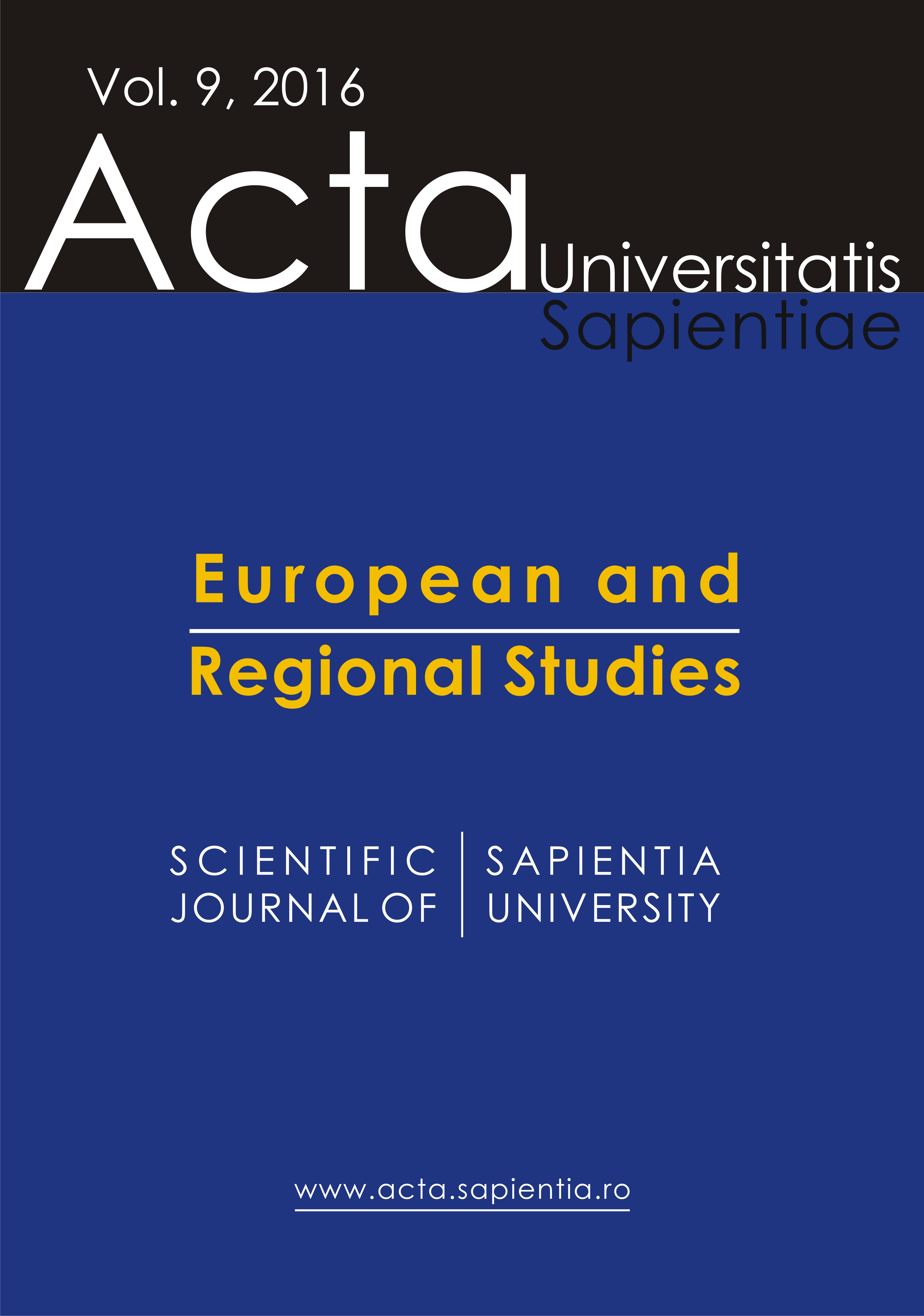Linguistic Justice and English as a Lingua Franca from a Minority Perspective
Linguistic Justice and English as a Lingua Franca from a Minority Perspective
The Case of Hungarians in Transylvania
Author(s): Zsombor CsataSubject(s): Politics / Political Sciences, Politics, Language studies, Language and Literature Studies
Published by: Scientia Kiadó
Keywords: multilingualism; language policies; Hungarians in Romania; English as a lingua franca;
Summary/Abstract: The article is a brief evaluation of the regulatory environment of language use in Transylvania, Romania based on Van Parijs’ conceptual toolkit presented in his 2011 book Linguistic Justice for Europe and for the World. This linguistic regime is a coercive hybrid regulation containing elements stemming from both the categorical regime (personality principle) and territoriality. In municipalities or counties where the official use of minority languages is permitted, it is typically present in a conjunctive manner, but its enforcement is weak and inconsistent. The principle of territorially coercive linguistic subdivision – proposed by Van Parijs as an optimal solution for a greater linguistic justice – is not accommodated in any of the fields of official communication and under present political circumstances it has no further plausibility. A hypothetical alternative for the territorially coercive regime would be the introduction of English as a lingua franca in interethnic communication. We argued that this latter option would be fair only if English could entirely replace the official languages currently in use or it would receive a fully equivalent status at least in those regions where a considerable number of linguistic minorities live.
Journal: Acta Universitatis Sapientiae, European and Regional Studies
- Issue Year: 2016
- Issue No: 09
- Page Range: 83-93
- Page Count: 11
- Language: English

